Search

News & Events
The College of Civil Engineering has recently launched a captivating summer program, set against the backdrop of Italy’s rich cultural heritage. From July 21 to 28,participants had the special chance to delve into the country’s civil engineering legacy and innovation, while expanding their global outlook in the field.
The program was attended by over 30 students and faculty members, with the support of the Undergraduate College, the Sino-Italian Campus, and the International Exchange and Cooperation Office. Comprised of academic presentations, laboratory visits, and field research in Milan, Florence, Pisa, and Rome, it provided valuable knowledge of Italian expertise in civil engineering teaching, learning, and research and technology for structural construction, maintenance, and exploration.
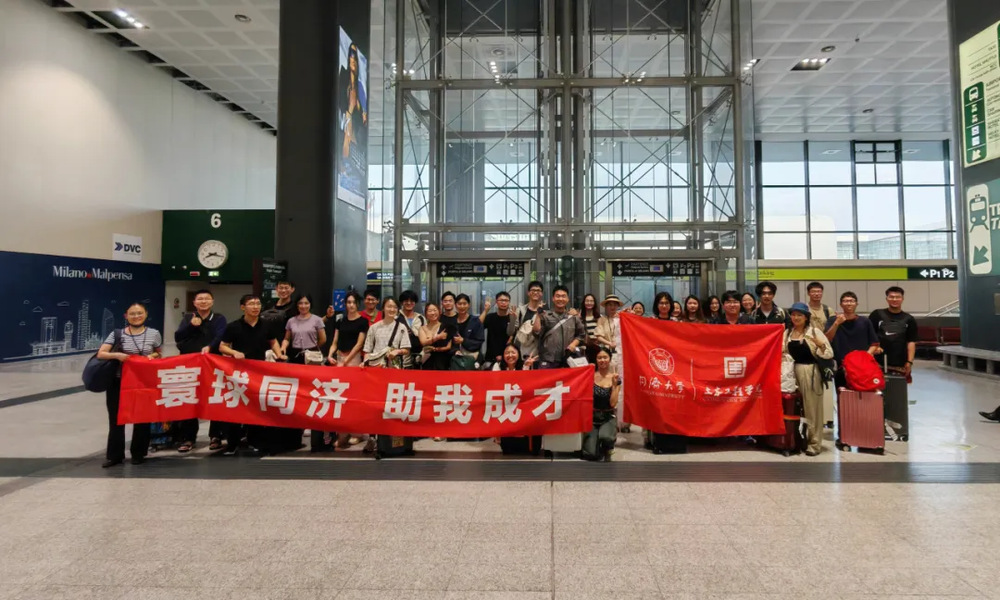
At the hydraulics laboratory and the civil engineering structure laboratory at the Polytechnic University of Milan, the team learned about experimental setups simulating high-pressure water flow erosion and the effect of photovoltaic panels on vegetation photosynthesis and century-old tensile and compression testing apparatus.
Exchanges at the University of Florence focused on Research and Practice of Green and Intelligent Construction in Civil Engineering. Presentations by Italian scholars covered topics such as energy policies in new transportation systems and Italy-nearly zero energy buildings and deep renovation.
At the University of Pisa, the team studied the history of ancient architectural construction and maintenance techniques at Pizza University, with special presentations on The Restoration of Leaning Tower of Pisa and the Geotechnical Aspects of Pisa Tower Stabilization. The visit to the Square of Miracles and the Leaning Tower of Pisa allowed them to explore structural loading, ground disturbance, and ground reinforcement technologies
At the Sapienza University of Rome, they engaged in the discussion on Clean Energy Development at Sea, including topics like 3D nonlinear dynamic FE analysis of onshore wind turbines on liquefiable soils and Intelligent Construction based on ECC Material. The team also exchanges ideas in course design, talent cultivation, and the integration of teaching and research in civil engineering with their counterparts at the university.
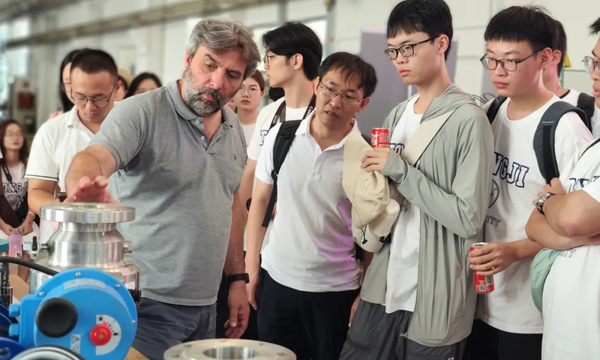 | 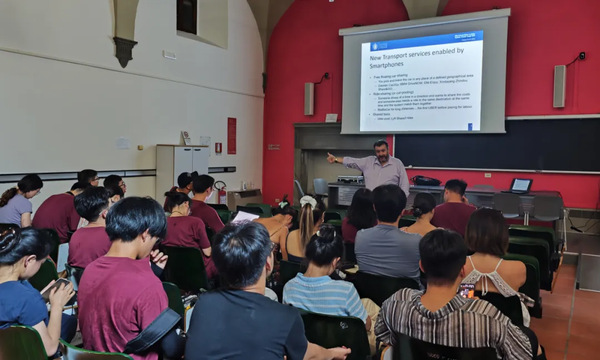 |
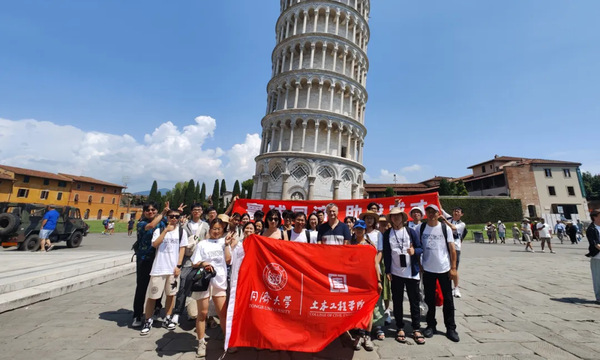 | 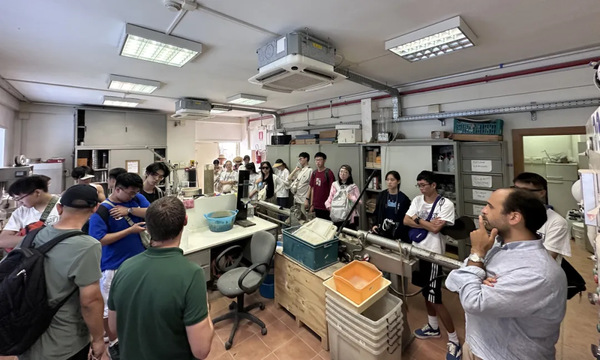 |
Home to time-honored architecture, outstanding laboratories, and cutting-edge technology, Italy provided students with a unique opportunity to bridge the past and the future of civil engineering. Delving into Italy’s architectural legacy and development, the future engineers will be better equipped to embrace change and innovation.




